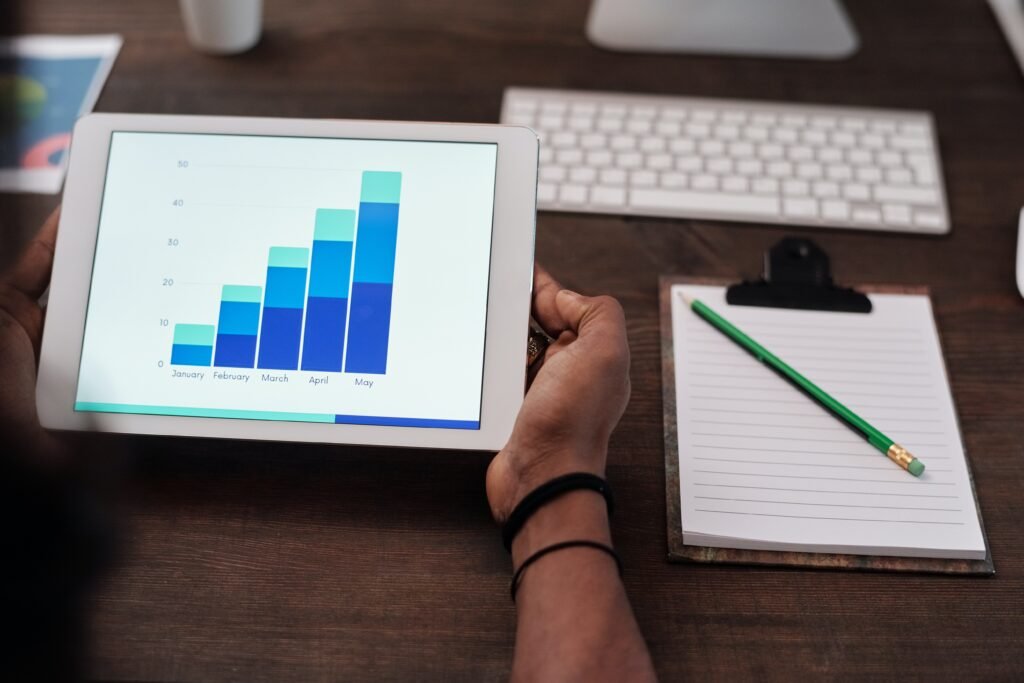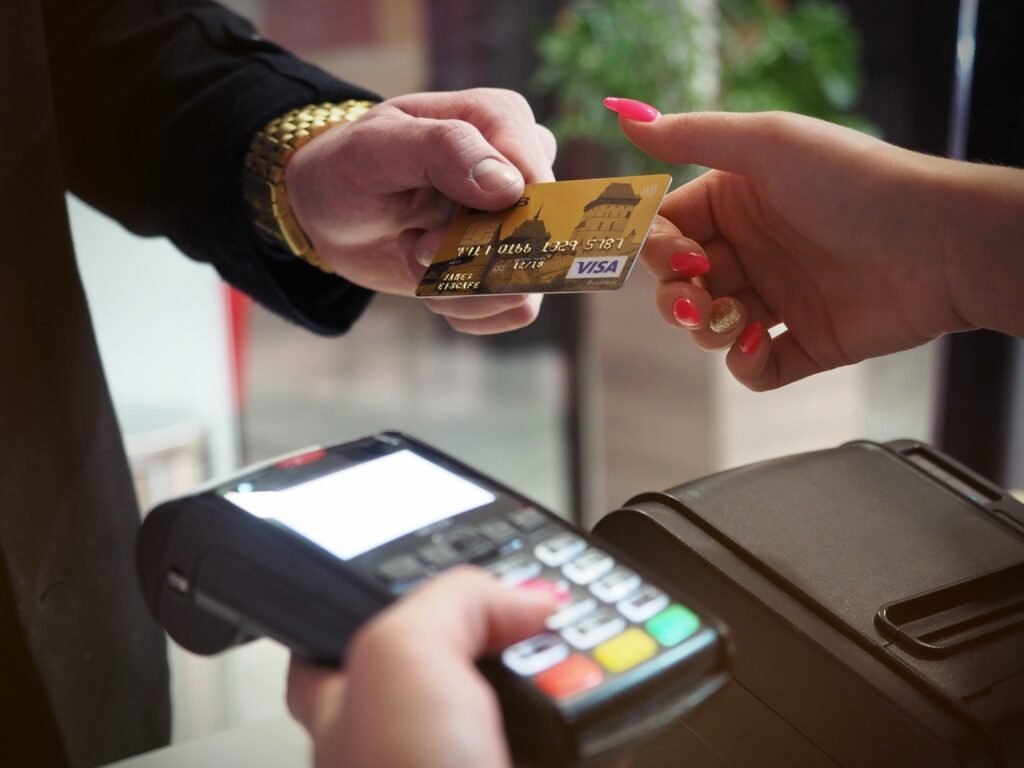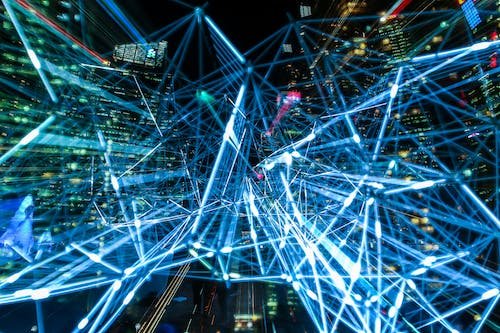Table of Contents
- Introduction
- 1. Personalization in Digital Marketing with Machine Learning
- 2. Machine Learning in Online Advertising
- 3. Predictive Analytics in Digital Marketing
- 4. Machine Learning for Customer Segmentation
- Conclusion
Introduction
The digital marketing landscape is continually evolving, with new technologies and strategies constantly emerging. One such technology that is proving to be a game changer in this field is Machine Learning (ML). By leveraging machine learning algorithms, digital marketers can gain deeper insights into customer behavior, create more targeted marketing campaigns, and enhance customer engagement.
This article provides an in-depth look at various applications of machine learning in digital marketing. Let’s dive in!

1. Personalization in Digital Marketing with Machine Learning
One of the most significant applications of machine learning in digital marketing is personalization. Machine learning algorithms can analyze vast amounts of data about a customer’s browsing habits, purchase history, and preferences. This information can then be used to create personalized marketing messages and recommendations.
- Product Recommendations: Online retailers often use machine learning to suggest products that customers might like based on their past purchases and browsing behavior.
- Email Marketing: Machine learning can help marketers tailor email content to individual customers, improving open rates and conversions.
- Website Personalization: Websites can adapt in real-time to individual users, showing content or offers that are most likely to appeal to them.
We go more in-depth about it in our article here.

2. Machine Learning in Online Advertising
Another critical application of machine learning in digital marketing is online advertising. Machine learning can enhance the effectiveness of online advertising campaigns by making them more targeted and efficient.
- Programmatic Advertising: Machine learning algorithms can automate the buying and selling of ad space, making the process more efficient. These algorithms can analyze an individual’s likelihood to click on an ad, enabling marketers to target ads more effectively.
- Predictive Bidding: Machine learning can predict the best times to bid for ad space based on historical data, helping to optimize ad spend.
- Ad Performance Analysis: Machine learning can analyze the performance of ads, identifying what works and what doesn’t. This information can then be used to improve future ad campaigns.
We also talk about AI in Marketing in our article “AI: A Game-Changer in Marketing – How Can We Use It?“

3. Predictive Analytics in Digital Marketing
Predictive analytics, powered by machine learning, is another tool that digital marketers can leverage. It involves using historical data to predict future outcomes. In a digital marketing context, predictive analytics can provide valuable insights that help marketers make data-driven decisions.
- Customer Lifetime Value Prediction: Machine learning algorithms can analyze historical transaction data and customer behavior to predict the potential lifetime value of a customer. This information can help businesses focus on retaining high-value customers.
- Churn Prediction: Machine learning can help predict which customers are most likely to stop doing business with a company. Early identification of these customers allows businesses to implement strategies to retain them.
- Sales Forecasting: By analyzing patterns in historical sales data, machine learning can help predict future sales trends. This enables businesses to manage inventory more efficiently and plan marketing strategies effectively.

4. Machine Learning for Customer Segmentation
Customer segmentation is the process of dividing a company’s customers into groups based on common characteristics. Machine learning can enhance this process by identifying patterns and trends in customer data that may not be apparent to human analysts.
- Behavioral Segmentation: Machine learning algorithms can analyze customer behavior, such as browsing patterns and purchase history, to group similar customers.
- Demographic Segmentation: Machine learning can also analyze demographic data to create customer segments. This can help businesses tailor their marketing messages to specific groups.
- Predictive Segmentation: By analyzing past behavior and predicting future actions, machine learning can create dynamic customer segments that evolve over time.
Conclusion
From personalization to online advertising, predictive analytics to customer segmentation, machine learning is revolutionizing the field of digital marketing. It provides marketers with the tools they need to understand their customers better, create more effective marketing campaigns, and ultimately drive business growth.
However, as with any technology, it’s important to remember that machine learning is not a silver bullet. The effectiveness of machine learning in digital marketing depends on the quality and quantity of the data available. Therefore, businesses must focus on collecting high-quality data and investing in the right machine learning algorithms and tools.
Looking ahead, as machine learning technology continues to evolve, we can expect to see even more innovative applications in the realm of digital marketing. It’s an exciting time for digital marketers, and those who embrace machine learning are likely to gain a significant competitive advantage.
So, no matter if you’re a seasoned digital marketing veteran or a newbie just dipping your toes into the field, you should consider exploring the ways machine learning could help you reach your marketing objectives. Always keep in mind, the future of digital marketing isn’t just about making sense of data—it’s about leveraging that data to anticipate and influence customer behavior.



[…] The Role of Machine Learning in Digital Marketing […]
[…] Value Prediction, Churn Prediction, and Sales Forecasting. But before we start, we also have A Deep Dive into Machine Learning Applications in Digital Marketing that talks about Machine Learning involvement with Digital […]
[…] We also talk about how Machine Learning can be used for marketing in our article “A Deep Dive into Machine Learning Applications in Digital Marketing“. […]
[…] Machine Learning and Marketing […]
Thanks for sharing. I read many of your blog posts, cool, your blog is very good.
Thanks for sharing. I read many of your blog posts, cool, your blog is very good.
I don’t think the title of your article matches the content lol. Just kidding, mainly because I had some doubts after reading the article.
Your article helped me a lot, is there any more related content? Thanks!
Your article helped me a lot, is there any more related content? Thanks!
Your point of view caught my eye and was very interesting. Thanks. I have a question for you.
Can you be more specific about the content of your article? After reading it, I still have some doubts. Hope you can help me.
Thanks for sharing. I read many of your blog posts, cool, your blog is very good.
Can you be more specific about the content of your article? After reading it, I still have some doubts. Hope you can help me.
Thanks for sharing. I read many of your blog posts, cool, your blog is very good.
I don’t think the title of your article matches the content lol. Just kidding, mainly because I had some doubts after reading the article.
I like this web blog very much, Its a very nice place to read and receive information. “…when you have eliminated the impossible, whatever remains, however improbable, must be the truth.” by Conan Doyle.
fantastic points altogether, you simply gained a new reader. What would you recommend about your post that you made a few days ago? Any positive?
I couldn’t resist commenting
Thank you for your sharing. I am worried that I lack creative ideas. It is your article that makes me full of hope. Thank you. But, I have a question, can you help me?
Hmm is anyone else experiencing problems with the pictures on this blog loading? I’m trying to figure out if its a problem on my end or if it’s the blog. Any feed-back would be greatly appreciated.
I have been exploring for a bit for any high quality articles or blog posts on this kind of area . Exploring in Yahoo I at last stumbled upon this website. Reading this information So i am happy to convey that I have a very good uncanny feeling I discovered just what I needed. I most certainly will make sure to do not forget this site and give it a look on a constant basis.
I was very happy to seek out this net-site.I wanted to thanks for your time for this excellent learn!! I undoubtedly having fun with each little little bit of it and I’ve you bookmarked to check out new stuff you weblog post.
You are a very intelligent person!
You are my aspiration, I have few blogs and infrequently run out from post :). “Analyzing humor is like dissecting a frog. Few people are interested and the frog dies of it.” by E. B. White.
Loving the information on this internet site, you have done great job on the articles.
I conceive you have noted some very interesting points, regards for the post.
Magnificent beat ! I wish to apprentice even as you amend your site, how could i subscribe for a blog site? The account helped me a acceptable deal. I were a little bit familiar of this your broadcast provided shiny transparent concept
Thanks for sharing your expertise! Every section was helpful, and I appreciate how you kept it concise but comprehensive. Bookmarking this for later!